Travel Smart: Chinese Tourists Embrace AI-Guided Adventures for Smarter Exploring
China's major tourism platforms are harnessing AI, revolutionizing travel experiences nationwide.
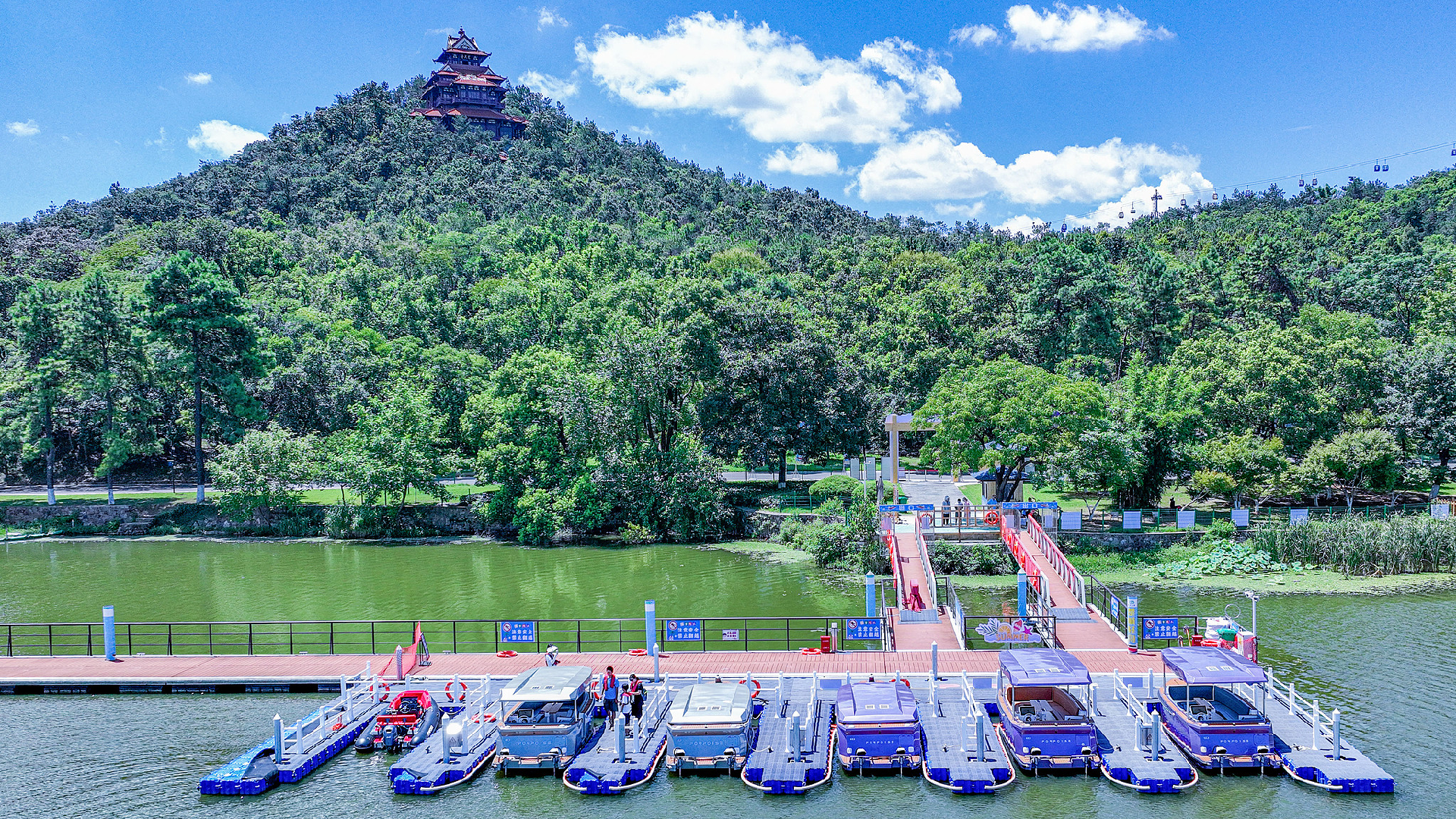
Major tourism platforms across China are experiencing a profound transformation as artificial intelligence technologies become increasingly integrated into travel services. From national leaders in online travel to various provinces and cities, AI-driven tourism service platforms are now offering personalized, rapid, and comprehensive support to travelers, tailoring itineraries and real-time solutions based on individual preferences and local conditions.
On popular travel platforms, tourists are finding it easier than ever to plan their adventures. By entering simple queries such as "must-visit attractions for a three-day stay in Shanghai" or "15-day itinerary for natural landscapes in Canada," users can receive tailored recommendations within minutes. The AI systems analyze vast amounts of high-quality travel data, combine it with up-to-the-minute information, and deliver suggestions that were once the exclusive domain of expert guides or extensive manual research.
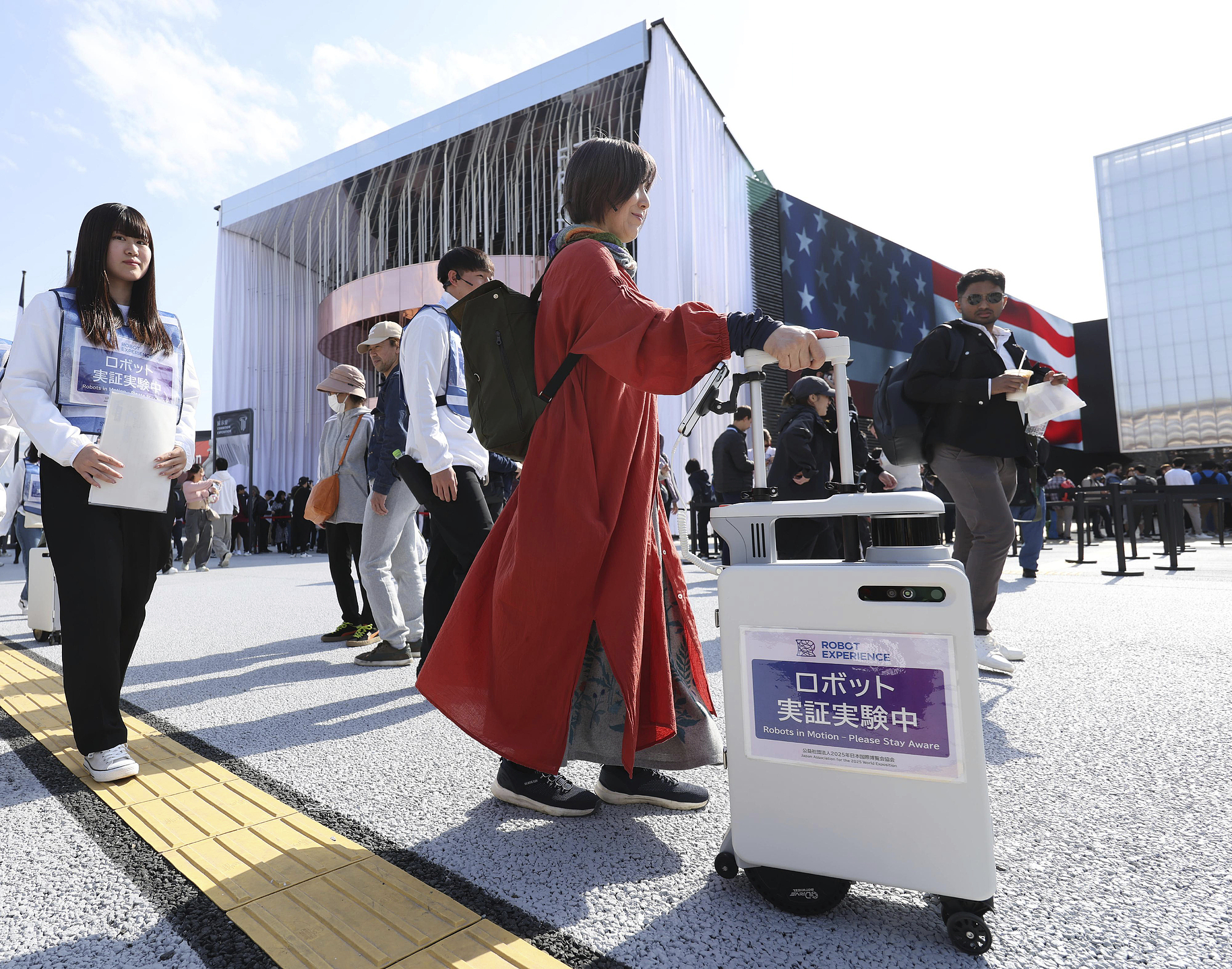
Liang Jianzhang, chairman of a leading travel group, highlighted that their proprietary AI model now serves users before, during, and after trips by screening premium travel data and harnessing real-time updates. This has led to a notable reduction in decision-making time for travelers—from about nine hours previously to just 6.6 hours now. Currently, 80 percent of customer inquiries are resolved by AI, streamlining the planning process for millions of users.
To maximize the value and accuracy of these digital assistants, industry experts recommend travelers consult at least two different platforms when seeking AI-generated advice. This approach allows users to compare insights and make more informed decisions, ensuring their individual interests and needs are met with greater precision.

Seasoned travelers like Sun Xiaolei have already begun to see tangible results from these innovations. After spending nearly a month researching self-drive routes in western Canada, Sun reported that AI-generated itineraries overlapped with his own carefully planned route by up to 80 percent. While he rated the AI recommendations at 6 to 7 out of 10, Sun acknowledged the technology’s speed and convenience—qualities invaluable for planners with limited time.
In recent months, multiple provinces and municipalities have introduced their own distinctive AI tourism agents. Guizhou Province, for example, unveiled Huang Xiao Xi, a digital human clad in traditional ethnic clothing, as the public face of its AI tourism platform. She delivers instant, personalized tour plans and can even help visitors order local delicacies with a single click, embodying how AI enriches the visitor experience at every stage.
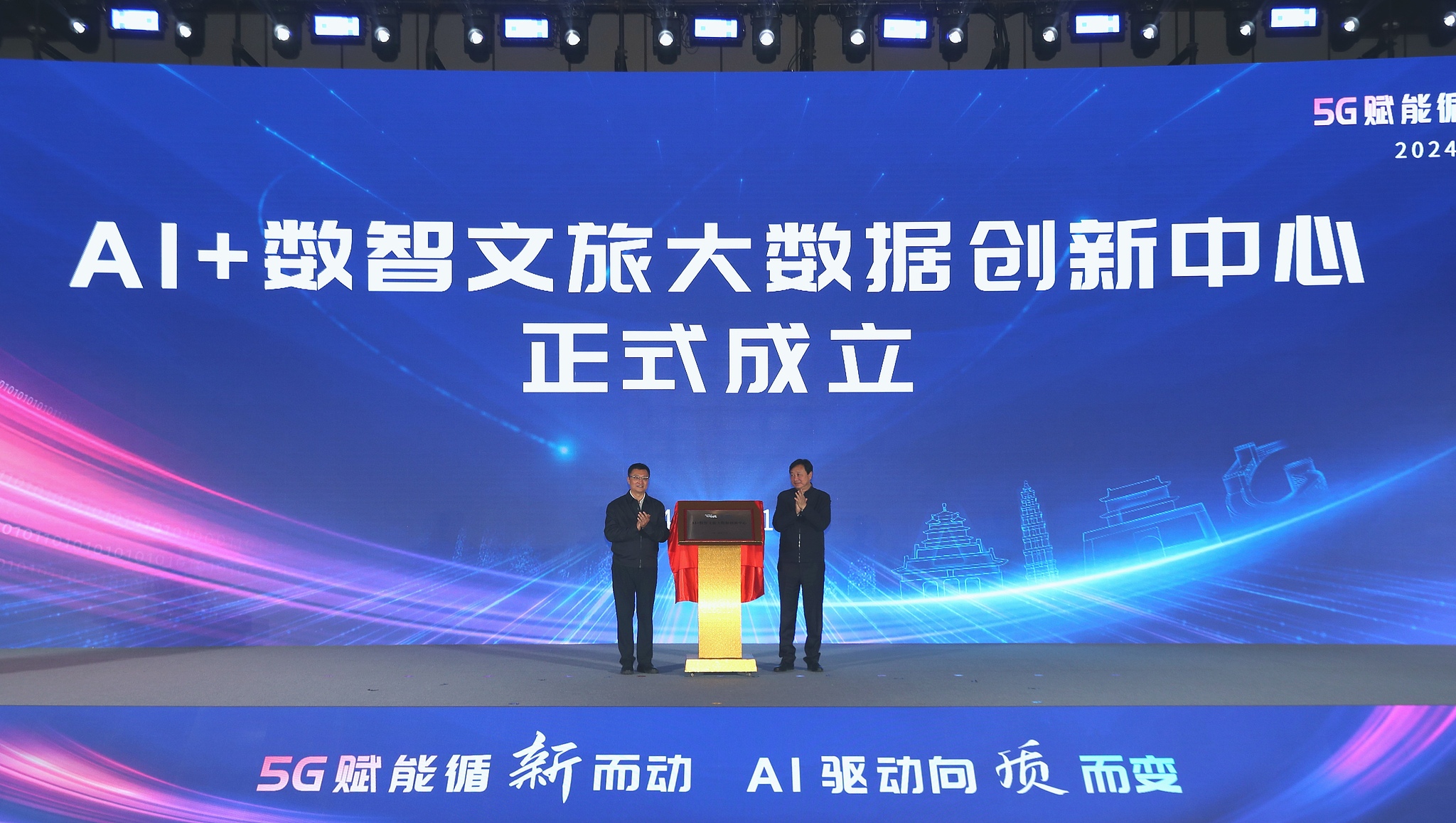
Shanghai has also taken significant steps towards building a smart tourism ecosystem. Its new service system, Hu Xiao You, connects in real time with the city's business outlets, scenic spots, traffic, and even public facilities such as toilets. According to local tourism officials, integrating authoritative data with user-generated experiences allows AI to offer more personalized, context-aware guidance than ever before. The platform is designed to keep evolving, learning continuously from user feedback and the latest developments.
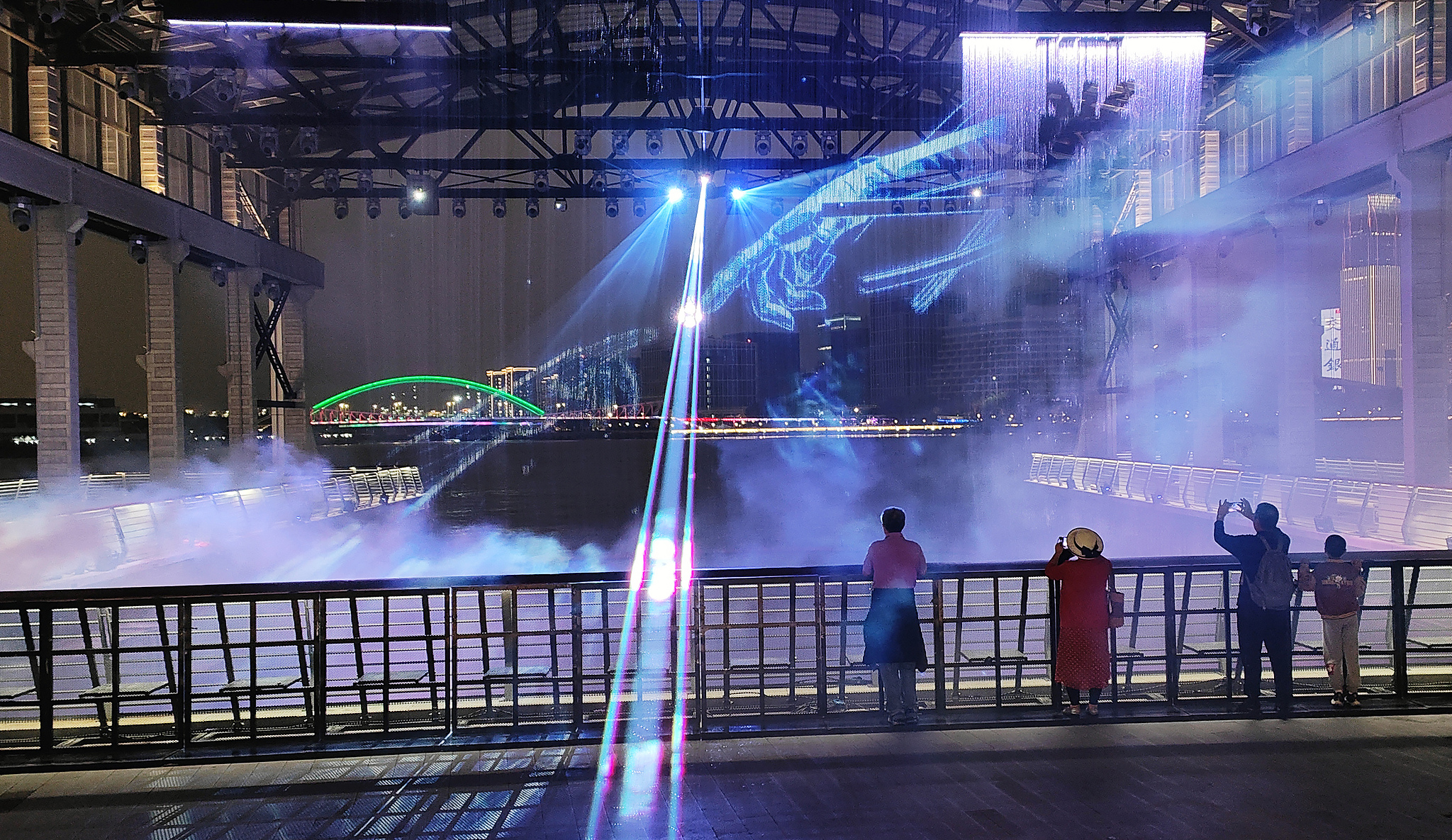
The surge in AI-powered offerings extends beyond online platforms. Wearable smart guide devices have become popular, especially in museums, delivering private tours that rival the quality of human guides but at a much lower cost. Leveraging virtual reality (VR), augmented reality (AR), and 3D visualization, these tools provide immersive experiences—enabling tourists to converse with historical figures, interact with relics, and watch ancient paintings come alive in vivid detail.
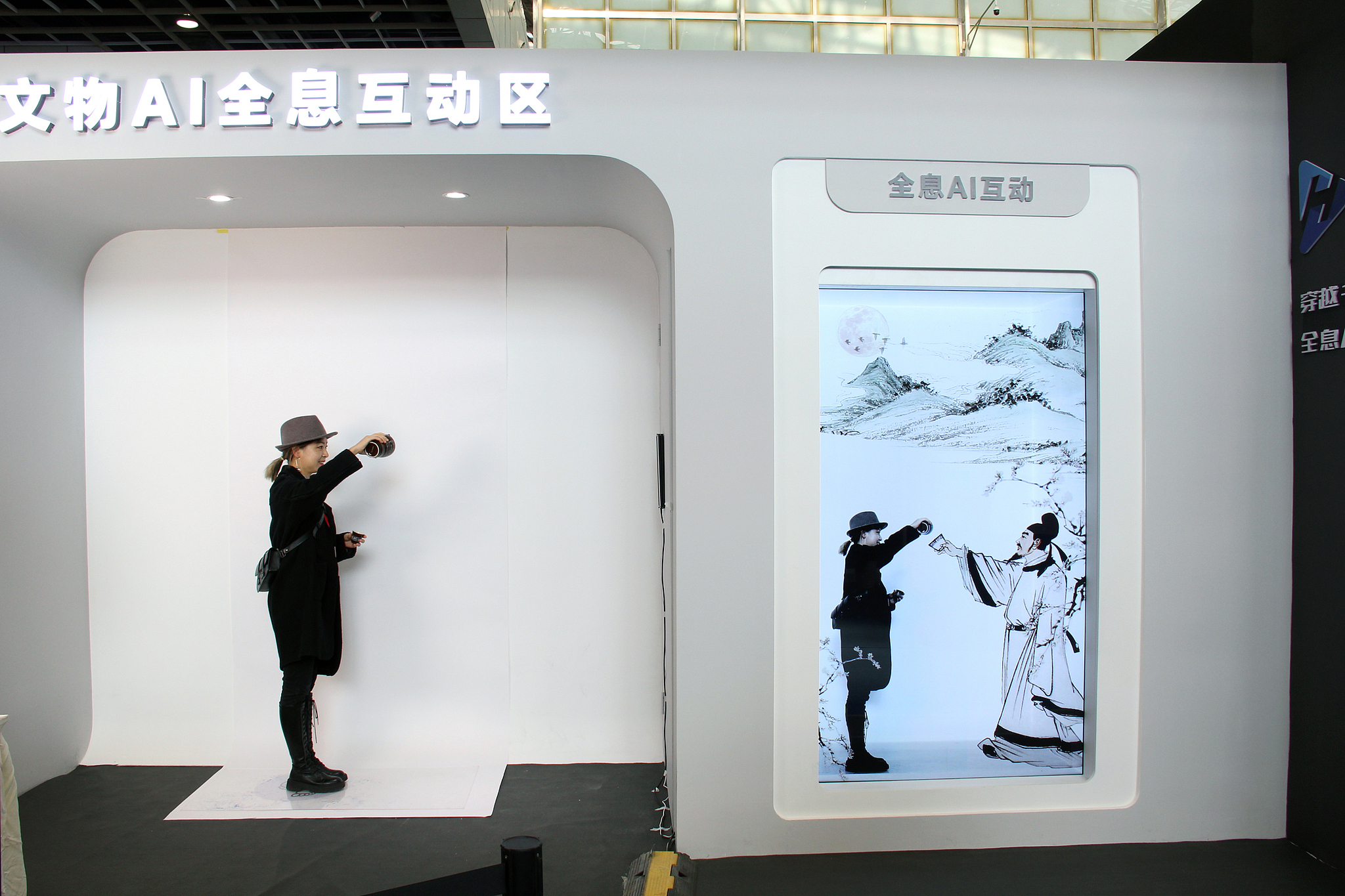
Experts in the field believe this technological wave is ushering in new quality productivity forces for Chinese tourism. Rather than discarding traditional industries, the country is revitalizing them through targeted digital innovation—including informatization, networking, digitization, automation, and higher operational efficiency. Such advancements promise to reshape not only how tourists experience China, but also how destinations across the country are managed, promoted, and preserved for future generations.
(Cover: Self-driving yachts at the East Lake scenic area in Wuhan City, Hubei Province, central China, July 30, 2024. /VCG)




